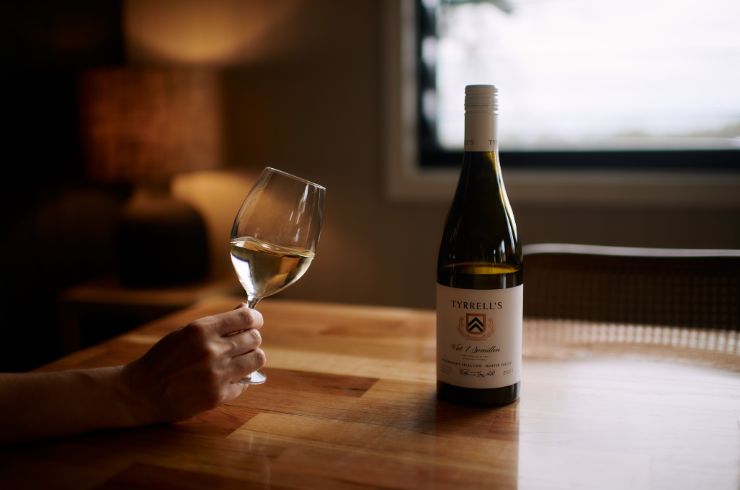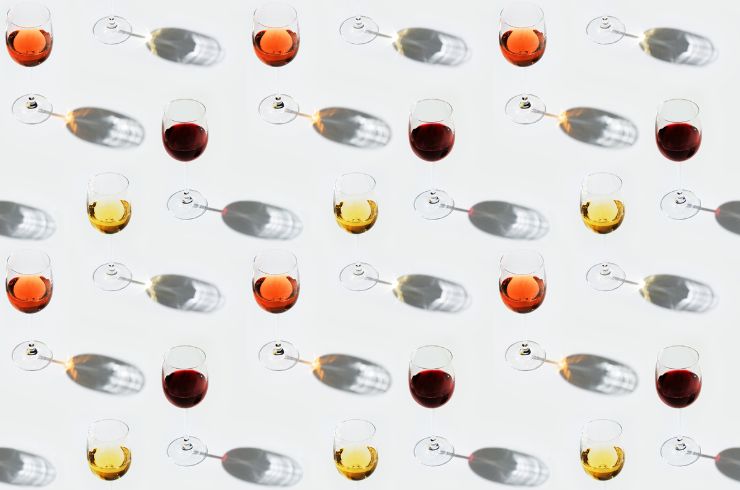The headline “fake wine” conjures notions of luxury labels sold containing imitation product – that is not quite the case in this most recent account of wine fraud. Police from Italy’s province of Pavia uncovered a wine-growing co-operative, winemakers, and members of the regional winemaking association in nearby Oltrepo Pavese working together to produce large amounts of product falsely labelled according to European wine classifications.
PDO (Protected Designation of Origin) and PGI (Protected Geographical Indication) are two labelling schemes used to promote and protect quality agricultural products in Europe. Each country in the EU has its own classifications and in Italy, these are DOC, DOCG and IGT. This labelling system is designed to indicate not only the quality level but also the composition of wines, with each appellation having regulations around grape varieties and winemaking requirements.
The Oltrepo Pavese in Italy’s northwest territory of Lombardy requires specific varieties to be used in red, white and rosé blends from the region. In the raid, police found evidence of a million litres of counterfeit wine that had been doctored to mirror the aromatics and flavour profiles of authentic Oltrepo Pavese wine styles. The wines had been altered with additives prohibited by industry standards, such as sugar, water, carbon dioxide and banned grapes, during the production process. They had also been blended with lower-quality wines post-production to increase yield volumes. Some wines had even been falsely labelled as organic.
Police concluded that the fake products, while not harmful, were counterfeits in terms of quality and origin. The Cantina di Canneto co-operative had colluded with winemakers, farmers, and members of the regional winemaker’s association to produce fake invoices and harvest declarations to legitimise the large volume of wines made. It was inconsistencies in the product declaration of the 2018 vintage that tipped police off, leading to the use of phone and video surveillance, followed by a raid of 28 premises in several Italian regions and the arrest of five suspects.
The case comes six years after a near-identical criminal investigation into false DOC wines in Oltrepo Pavese involving 200 people. It is uncertain whether any of this fake wine was exported.
We first covered the issue of wine fraud in Halliday magazine in March 2019, looking at the story made famous by the documentary Sour Grapes. While Sour Grapes focuses predominantly on reproduced rare and coveted wines, there is a notable sub-narrative of moderately priced wines being bulked up with cheaper products and sold en-masse. If these recent cases in Italy are anything to go by, the issue is proving rife and increasingly difficult to contain.
PDO (Protected Designation of Origin) and PGI (Protected Geographical Indication) are two labelling schemes used to promote and protect quality agricultural products in Europe. Each country in the EU has its own classifications and in Italy, these are DOC, DOCG and IGT. This labelling system is designed to indicate not only the quality level but also the composition of wines, with each appellation having regulations around grape varieties and winemaking requirements.
The Oltrepo Pavese in Italy’s northwest territory of Lombardy requires specific varieties to be used in red, white and rosé blends from the region. In the raid, police found evidence of a million litres of counterfeit wine that had been doctored to mirror the aromatics and flavour profiles of authentic Oltrepo Pavese wine styles. The wines had been altered with additives prohibited by industry standards, such as sugar, water, carbon dioxide and banned grapes, during the production process. They had also been blended with lower-quality wines post-production to increase yield volumes. Some wines had even been falsely labelled as organic.
Police concluded that the fake products, while not harmful, were counterfeits in terms of quality and origin. The Cantina di Canneto co-operative had colluded with winemakers, farmers, and members of the regional winemaker’s association to produce fake invoices and harvest declarations to legitimise the large volume of wines made. It was inconsistencies in the product declaration of the 2018 vintage that tipped police off, leading to the use of phone and video surveillance, followed by a raid of 28 premises in several Italian regions and the arrest of five suspects.
The case comes six years after a near-identical criminal investigation into false DOC wines in Oltrepo Pavese involving 200 people. It is uncertain whether any of this fake wine was exported.
We first covered the issue of wine fraud in Halliday magazine in March 2019, looking at the story made famous by the documentary Sour Grapes. While Sour Grapes focuses predominantly on reproduced rare and coveted wines, there is a notable sub-narrative of moderately priced wines being bulked up with cheaper products and sold en-masse. If these recent cases in Italy are anything to go by, the issue is proving rife and increasingly difficult to contain.



